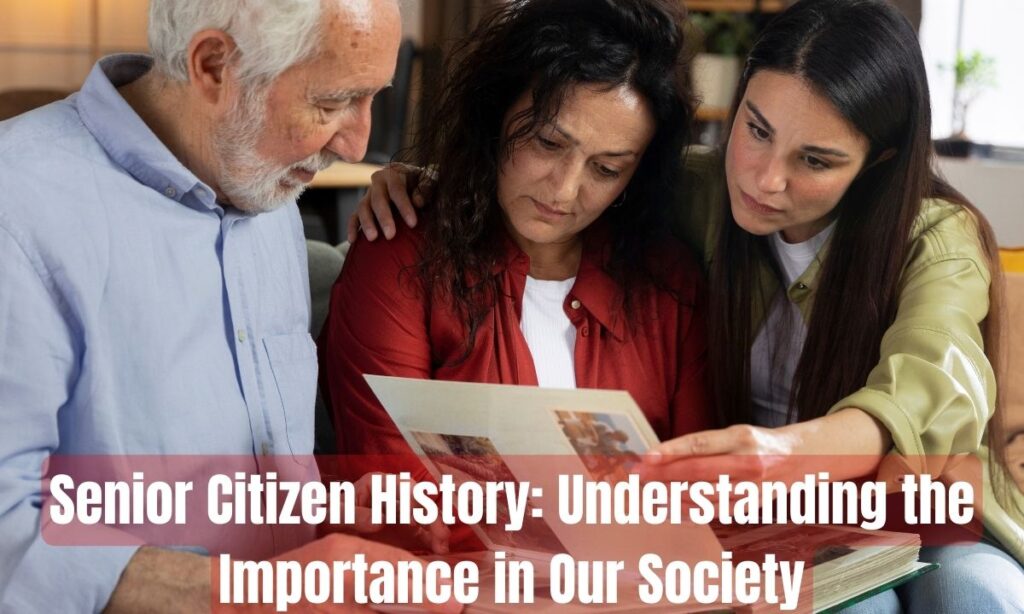
“Welcome to Rehab2Research! Explore human rehabilitation on our site. Discover insights and resources for a holistic approach to wellness. Start your journey now!”

Ramjee Sah is the visionary owner of the “Save the Seniors” website, a platform dedicated to advocating for the well-being, dignity, and rights of senior citizens. Inspired by his personal experiences and a deep commitment to social impact, Ramjee founded this platform to address the challenges faced by aging populations.
Under his leadership, “Save the Seniors” has become a trusted source of information, resources, and support for older adults and their families. Ramjee’s mission is to promote healthy aging, foster intergenerational connections, and raise awareness about the importance of creating age-friendly communities. His dedication to empowering seniors and driving meaningful change reflects his passion for building a more inclusive and supportive society for all.Read more
Visit here for Senior Citizen History
- Presently, the demand for rehabilitation remains largely unmet, particularly in low- and middle-income countries where over 50% of individuals requiring such services lack access. Furthermore, emergencies such as conflicts, disasters, and outbreaks not only intensify the need for rehabilitation but also disrupt existing services, exacerbating the challenges faced by vulnerable populations.
- Rehabilitation is a crucial component of universal health coverage, intricately intertwined with promoting good health, disease prevention, treatment, and palliative care. Its significance lies in fostering independence across all age groups, facilitating engagement in educational pursuits, work, and recreational activities, and fulfilling life roles such as caregiving within families.
- Recognizing the pivotal role of rehabilitation in achieving Sustainable Development Goal 3 – “Ensure healthy lives and promote well-being for all at all ages,” it is imperative to prioritize and expand rehabilitation services. By addressing this critical aspect of universal health coverage, we can work towards a more inclusive and resilient healthcare system, fostering healthier lives and well-being for individuals worldwide.
- On a global scale, approximately 2.4 billion individuals are currently grappling with health conditions that could significantly benefit from rehabilitation interventions. The imperative for rehabilitation is poised to surge worldwide, driven by shifts in population health and characteristics. The aging demographic, coupled with an increased prevalence of chronic diseases and disabilities, underscores the growing demand for rehabilitation services.
Key provisions of the Rehabilitation Act of 1973
- Sections 501 and 503:
- Affirmative Action in Employment:
- Programs Conducted by Federal Agencies: s.
- Programs Receiving Federal Financial Assistance:
- Private Sector:
Rehabilitation Research Recommendations
- Rehabilitation benefits older adults:
- Physical exercise:
- Social interactions:
- Hobbies and interests:
- Lifelong learning:
- Engaging in technology:
- Meditation and mindfulness:
- Volunteer work:
- Travel and exploration:
- Self-care activities:
- Cognitive rehabilitation:
- Multidisciplinary approach:
- Balance and fall prevention:
- Mobility and gait training:
- Chronic disease management:
- Pain management:
- Psychological support:
Key findings of Rehabilitation Research
Users Reviews
Posted onTrustindex verifies that the original source of the review is Google. This website supports the people for changing their healthy status.Posted onTrustindex verifies that the original source of the review is Google. Very nice sharing wordwideLoad more




